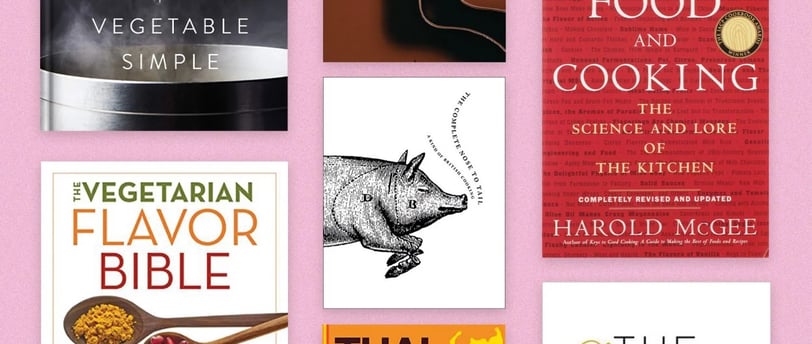The Fascinating World of Culinary Books: Facts and History
Culinary books have always held a special place in the hearts of food enthusiasts and cooking aficionados. These books not only provide a wealth of knowledge about different cuisines, recipes, and techniques, but they also offer a glimpse into the rich history and culture associated with food. In this blog post, we will explore some interesting facts and delve into the history of culinary books. Additionally, we will provide some creative ideas on how to effectively sell these books.
The Evolution of Culinary Books
The origins of culinary books can be traced back to ancient civilizations such as the Greeks and Romans, who documented their culinary practices and recipes on papyrus scrolls. However, it was not until the invention of the printing press in the 15th century that culinary books became more accessible to the general public. The first printed cookbook, "De honesta voluptate et valetudine" (On Honest Pleasure and Good Health), was published in 1475 by Bartolomeo Sacchi, also known as Platina.
Over the centuries, culinary books have evolved both in terms of content and presentation. From simple recipe collections to elaborate volumes showcasing the art of gastronomy, these books have become a treasure trove of culinary knowledge. Today, culinary books encompass a wide range of genres, including cookbooks, food memoirs, culinary histories, and even fictional works centered around food.
Interesting Facts about Culinary Books
1. The oldest known cookbook in existence is the "Apicius," a collection of Roman recipes dating back to the 4th or 5th century AD.
2. The best-selling cookbook of all time is "Mastering the Art of French Cooking" by Julia Child, first published in 1961.
3. The term "cookbook" was first used in the English language in 1824.
4. The first celebrity chef to publish a cookbook was Auguste Escoffier, a renowned French chef known for his culinary innovations.
5. Culinary books have inspired numerous successful television shows, such as "MasterChef" and "The Great British Bake Off."
culinary books is that they have been integral to the development and preservation of culinary traditions and techniques throughout history. For instance, during the Renaissance period in Europe, the printing press facilitated the widespread distribution of cookbooks, allowing for the dissemination of culinary knowledge beyond the confines of royal courts and wealthy households. As a result, culinary techniques and recipes became more accessible to a broader audience, contributing to the democratization of cooking and the cultivation of culinary diversity. This democratization played a significant role in shaping modern culinary practices and continues to influence the way we approach food and cooking today.


